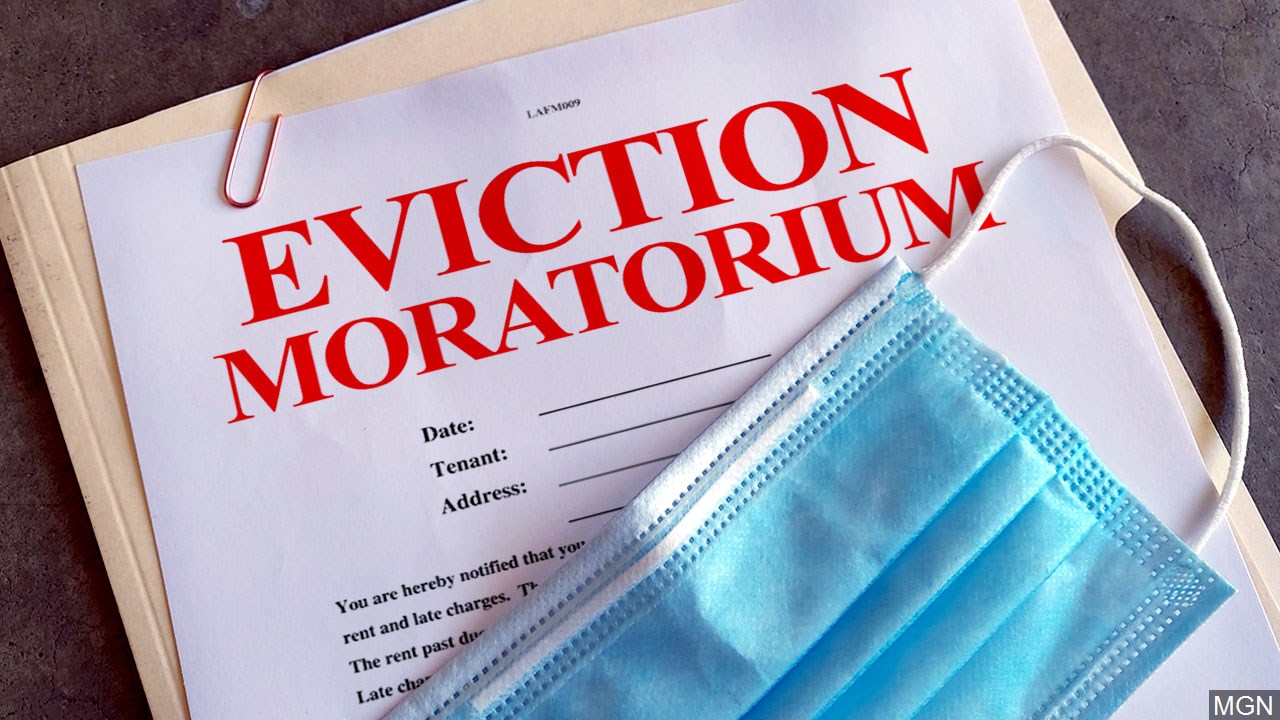
Eviction Moratorium - What You Need to Know
Public health and safety are still top of mind for everyone in California, especially now that the widespread availability of vaccines is finally slowing down the spread of COVID-19.
Through the efforts of the U.S. Centers for Disease Control and Prevention (CDC), the country has managed the pandemic reasonably well, but you have to admit challenges remain throughout our society.
Mainly, there are still significant concerns about the long-term health and stability of the U.S. economy overall.
While it may not be apparent at a glance, you'll be happy to know that the real estate industry has actually weathered the storm, so to speak.
Despite the pandemic’s drag on the economy, home sales and home prices kept moving along at a steady pace in 2020. But with the end of the CDC’s eviction moratorium, no one really knows how it will affect the housing market.
Will the anticipated increase in evictions influence home prices and year-over-year price growth? And what about interest rates that are still historically low but for how long?
So, to help answer these questions, here’s what you need to know about the end of the national eviction moratorium as 2021 winds down to a close.
What was the eviction moratorium during the COVID-19 pandemic?
In March 2020, the CDC faced an unprecedented, monumental health crisis: a highly contagious, novel coronavirus that was spreading like wildfire worldwide. At the time, we didn't know much about how COVID-19 spread, and the fact of the matter was that science was going to take time to find answers.
In the meantime, through the authority of the CDC and Congress, the federal government passed the CARES Act. It issued a series of policy recommendations like social distancing, wearing face coverings in public, and frequent washing of your hands.
You may not know that the original eviction moratorium was part of the CARES Act, yet it was only a temporary program meant to buy unemployed people more time to pay rent.
Why did the federal government issue a moratorium on evictions?
With many states in lockdown to slow the spread of COVID-19, millions of people were suddenly out of work with no reliable timetable as to when their job would return - if ever - so the federal government stepped in to place a temporary halt on evictions during the pandemic-induced recession of 2020.
The idea was that social distancing and the closing of non-essential businesses and travel wouldn't be nearly as effective if millions of people were kicked out of their homes for not paying rent. After all, it was the government’s own public health and safety measures that put them out of a job in the first place.
In the end, the CDC had to issue another order after the CARES Act moratorium expired to give people even more time to become vaccinated; however, this federally-issued moratorium has already expired as of this writing.
When did the CDC’s eviction moratorium expire?
After a recent Supreme Court ruling, the CDC's eviction moratorium expired in the fall of 2021, and controversy remains part of the issue. With the pandemic not entirely over, the question is this: when is it OK for the government to stop helping those who fell behind on mortgages and rent payments?
It’s a difficult question to answer, especially now that millions of people are now taking advantage of a broad job market. Still, there are several implications worth mentioning regarding the state of the real estate industry nationwide.
What does the eviction moratorium mean from a national perspective?
Speaking from a national perspective, it's a little too early to tell whether or not an increase in evictions will have any effect at all on the existing-home market.
For starters, the low inventory of available homes has been so low that it’s unlikely a wave of foreclosures and evictions will raise supply. Indeed, the greater influence will likely be from more new houses hitting the market as home builders catch up with their supply chain and re-hire workers.
Along those lines, more evictions nationwide won't have a measurable effect on the benchmark interest rate that sets the cost of mortgages. While interest rates have recently picked up a few basis points, the movement hasn't substantially influenced the housing market, and more evictions most likely won't trigger large market shifts.
That's the national picture, so what do San Diego residents need to know about the end of the eviction moratorium?
What does the eviction moratorium mean for the San Diego real estate market?
In addition to the federal government's moratorium, California issued a similar order on evictions, which also expired recently. The blanket protection against evictions ended September 30, 2021, but California passed another law that extended more protections for those facing eviction.
Among other provisions, you can't be evicted for unpaid rent between March 2020 and September 30. Also, State Assembly Bill (AB) 832 specifies that rent owed will convert to consumer debt during this period.
Not only that, but the bill includes other safeguards and ways to seek help if eviction is still an issue despite all of the government's efforts. For instance, landlords have to follow a different procedure before getting approval for an eviction, and some communities have local ordinances in place too.
Ultimately, it's fair to say that more people will be evicted in the coming months, but the effect on the housing market, in general, most likely won't be catastrophic.


